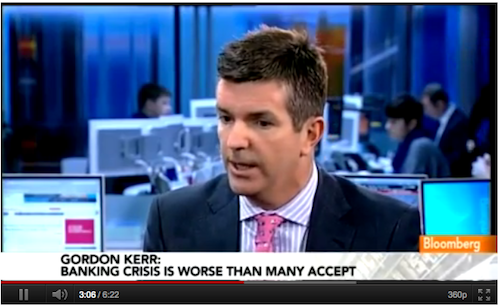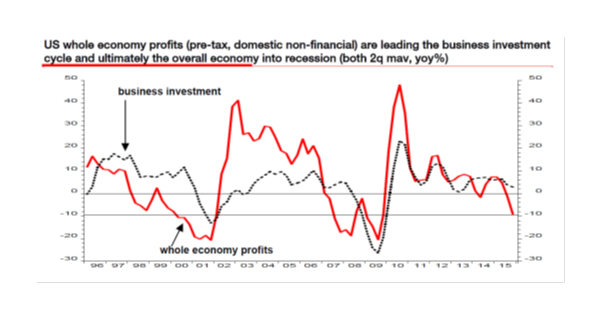The history of freedom in antiquity
NEXT TO religion, has been the motive of good deeds and the common pretext of crime, from the sowing of the seed at Athens, two thousand four hundred and sixty years ago, until the ripened harvest was gathered by men of our race. It is the delicate fruit of a mature civilisation; and scarcely a century has passed since nations, that knew the meaning of the term, resolved to be free. In every age its progress has been beset by its natural enemies, by ignorance and superstition, by lust of conquest and by love of ease, by the strong man’s craving for power, and the poor man’s craving for food. During long intervals it has been utterly arrested, when nations were being rescued from barbarism’ and from the grasp of strangers, and when the perpetual struggle for existence, depriving men of all interest and understanding in politics, has made them eager to sell their birthright for a mess of pottage, and ignorant of the treasure they resigned.
At all times sincere friends of freedom have been rare, and its triumphs have been due to minorities, that have prevailed by associating themselves with auxiliaries whose objects often differed from their own; and this association, which is always dangerous, has been sometimes disastrous, by giving to opponents just grounds of opposition, and by kindling dispute over the spoils in the hour of success. No obstacle has been so constant, or so difficult to overcome,as uncertainty and confusion touching the nature of true liberty. If hostile interests have wrought much injury, false ideas have wrought still more; and its advance is recorded in the increase of knowledge, as much as in the improvement of laws. The history of institutions is often a history of deception and illusions; for their virtue depends on the ideas that produce and on the spirit that preserves them, and the form may remain unaltered .when the substance has passed away.
A few familiar examples from modern politics will explain why it is that the burden of my argument will lie outside the domain of legislation. It is often said that our Constitution attained its formal perfection in 1679, when the Habeas Corpus Act was passed. Yet Charles II succeeded, only two years later, in making himself independent of Parliament. In 1789, while the States-General assembled at Versailles, the Spanish Cortes, older than Magna Carta and more venerable than our House of Commons, were summoned after an interval of generations, but they immediately prayed the King to abstain from consulting them, and to make his reforms of his own wisdom and authority. According to the common opinion, indirect elections are a safeguard of conservatism. But all the Assemblies of the French Revolution issued from indirect elections. A restricted suffrage is another reputed security for monarchy.
But the Parliament of Charles X, which was returned by 90,000 electors, resisted and overthrew the throne; while the Parliament. of Louis Philippe, chosen by a Constitution of 250,000, obsequiously promoted the reactionary policy of his Ministers, and in the fatal division which, by rejecting reform, laid the monarchy in the dust, Guizot’s majority was obtained by the votes of 129 public functionaries. An unpaid legislature is, for obvious reasons, more independent than most of the Continental legislatures which receive pay. But it would be unreasonable in America to send a member as far as from here to Constantinople to live for twelve months at his own expense in the dearest of capital cities. Legally and to outward seeming the American President is the successor of Washington, and still enjoys powers devised and limited by the Convention of Philadelphia. In reality the new President differs from the Magistrate imagined by the Fathers of the Republic as widely as Monarchy from Democracy, for he is expected to make 70,000 changes in the public service; fifty years ago. John Quincy Adams dismissed only two men.
The purchase of judicial appointments is manifestly indefensible; yet in the old French monarchy that monstrous practice created the only corporation able to resist the king. Official corruption, which would ruin a commonwealth, serves in Russia as a salutary relief from the pressure of absolutism. There are conditions in which it is scarcely a hyperbole to say that slavery itself is a stage on the road to freedom. Therefore we are not so much concerned this evening with the dead letter of edicts and of statutes as with the living thoughts of men. A century ago it was perfectly well known that whoever had one audience of a Master in Chancery was made to pay for three, but no man heeded the enormity until it suggested to a young lawyer that it might be well to question and examine with rigorous suspicion every part of a system in which such things were done. The day on which that gleam lighted up the clear, hard mind of Jeremy Bentham is memorable in the political calendar beyond the entire administration of many statesmen. It would be easy to point out a paragraph in St. Augustine, or a sentence of Grotius that outweighs in influence the Acts of fifty Parliaments, and our cause owes more to Cicero and Seneca, to Vinet and Tocqueville, than to the laws of Lycurgus or the Five Codes of France.
By liberty I mean the assurance that every man shall be protected in doing what he believes his duty against the influence of authority and majorities, custom and opinion. The State is competent to assign duties and draw the line between good and evil only in its immediate sphere. Beyond the limits of things necessary for its well-being, it can’ only give indirect help to fight the battle of life by promoting the influences which prevail against temptation, – religion, education, and the distribution of wealth. In ancient times the State absorbed ‘authorities not its own, and intruded on the domain of personal freedom. In the Middle Ages it possessed too little authority, and suffered others to intrude. Modern States fall habitually into both excesses.
The most certain test by which we judge whether a country is really free is the amount of security enjoyed by minorities. Liberty, by this definition, is the essential condition and guardian of religion; and it is in the history of the Chosen People, accordingly, that the first illustrations of my subject are obtained. The government of the Israelites was a federation, held together by no political authority, but by the unity of race and faith, and founded, not on physical force, but on a voluntary covenant. The principle of self-government was carried out not only in each tribe, but in every group of at least 120 families; and there was neither privilege of rank nor inequality before the law.
Monarchy was so alien to the primitive spirit of the community that it was resisted by Samuel in that momentous protestation and warning which all the kingdoms of Asia and many of the kingdoms of Europe have unceasingly confirmed. The throne was erected on a compact; and the king was deprived of the right of legislation among a people that recognized no lawgiver but God, whose highest aim in politics was to restore the original purity of the constitution, and to make its government conform to the ideal type that was hallowed by the sanctions of heaven~ The inspired men who rose in unfailing succession to prophesy against the usurper and the tyrant, constantly proclaimed that the laws, which were divine, were paramount over sinful rulers, and appealed from the established authorities, from the king, the priests, and the princes of the people, to the healing forces that slept in the uncorrupted consciences of the masses. Thus the example of the Hebrew nation laid down the parallel lines on which all freedom has been won – the doctrine of national tradition and the doctrine of the higher law; the principle that a constitution grows from a root, by process of development, and not of essential change; and the principle that all political authorities must be tested and reformed according to a code which was not made by man. The operation of these principles,·in unison, or in antagonism, occupies the whole of the space we are going over together.


